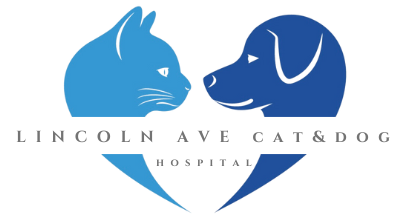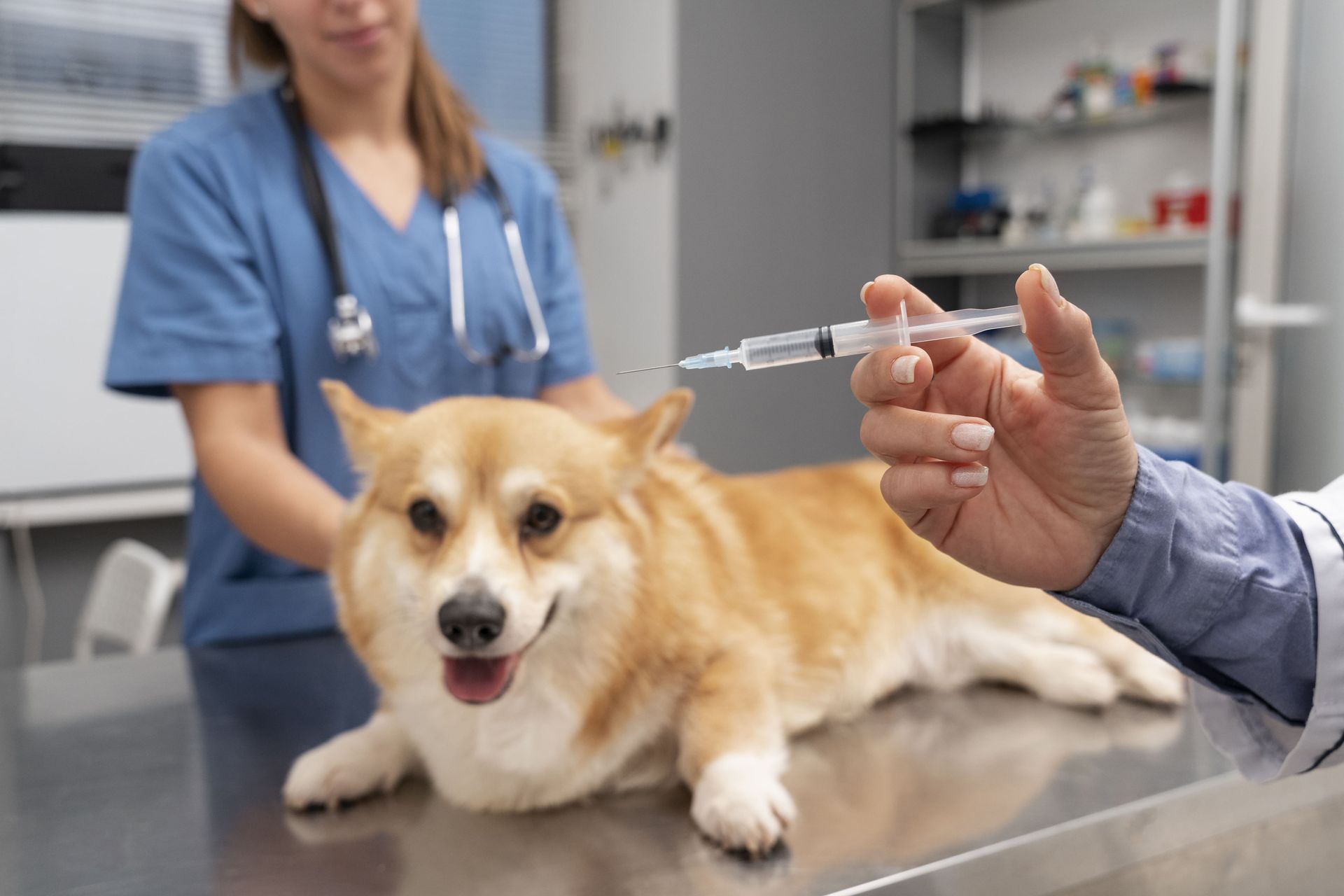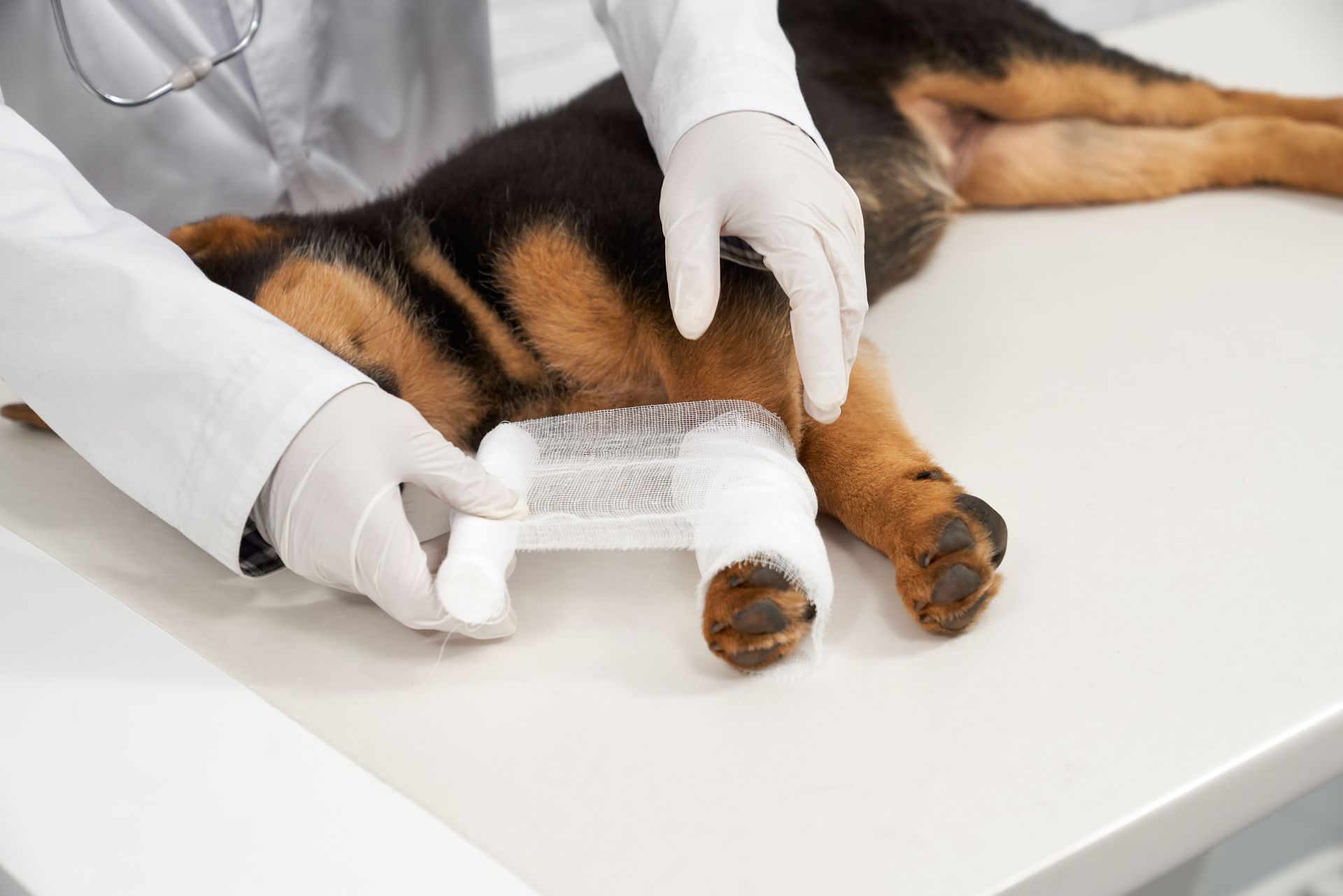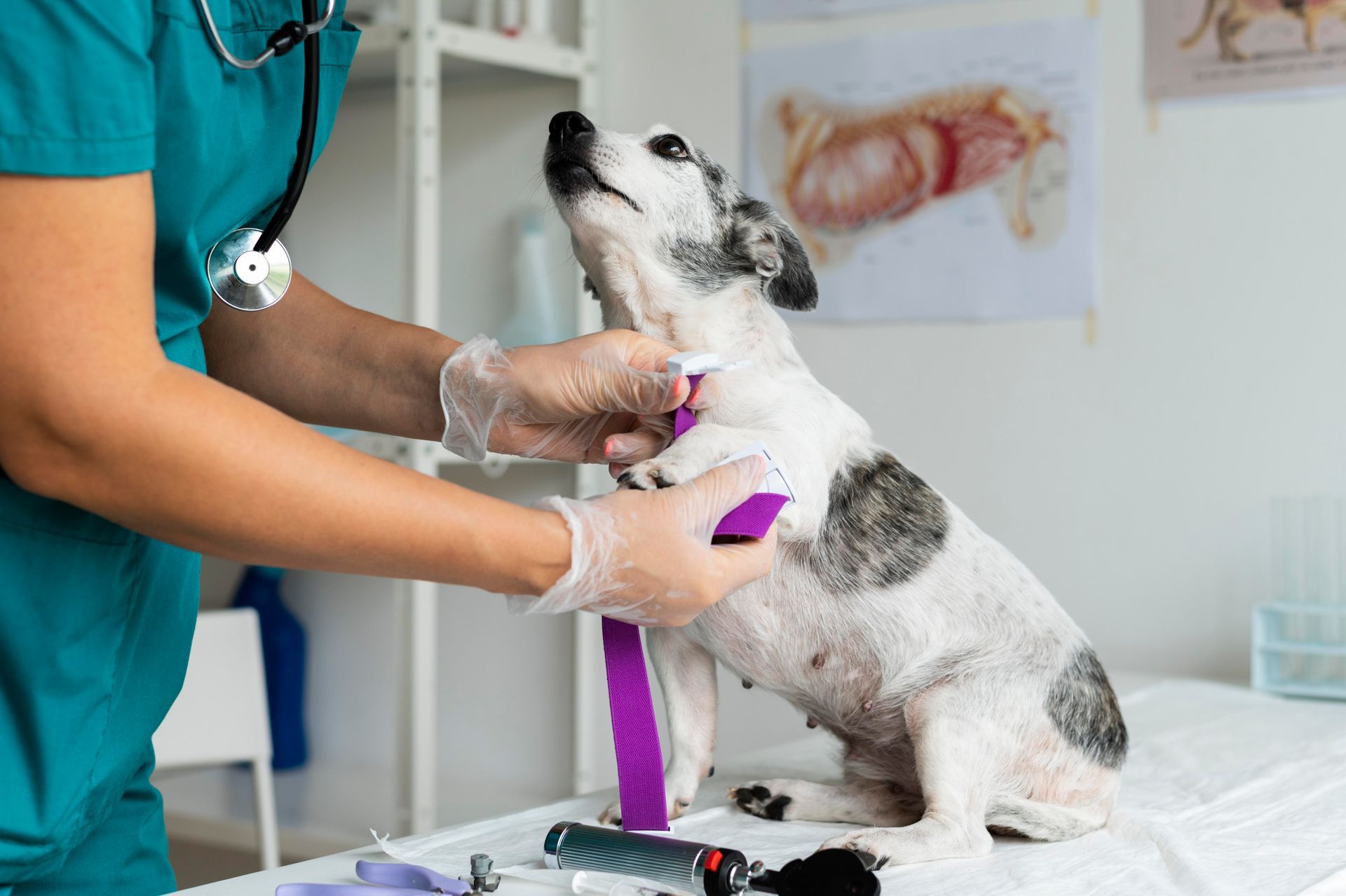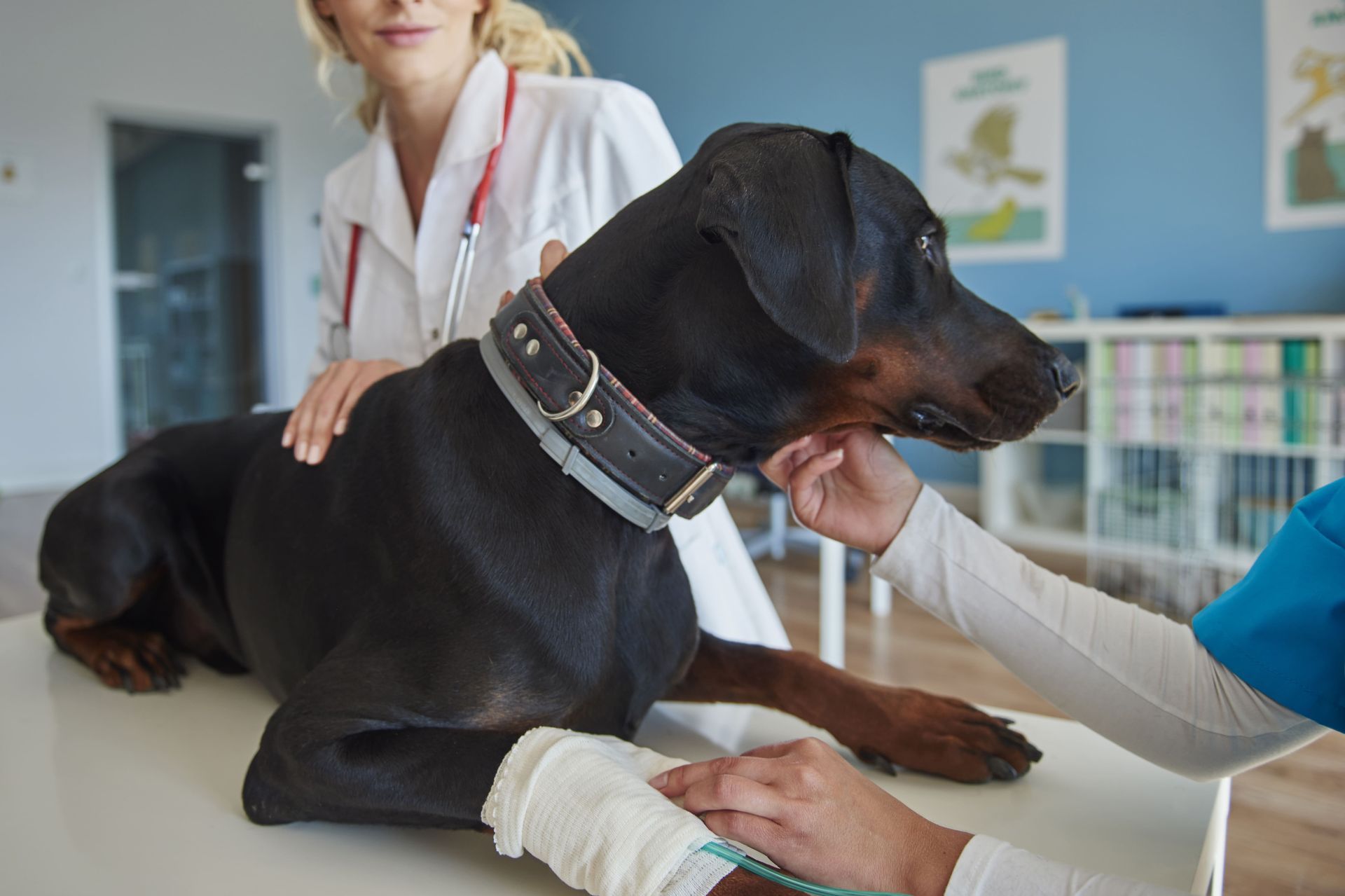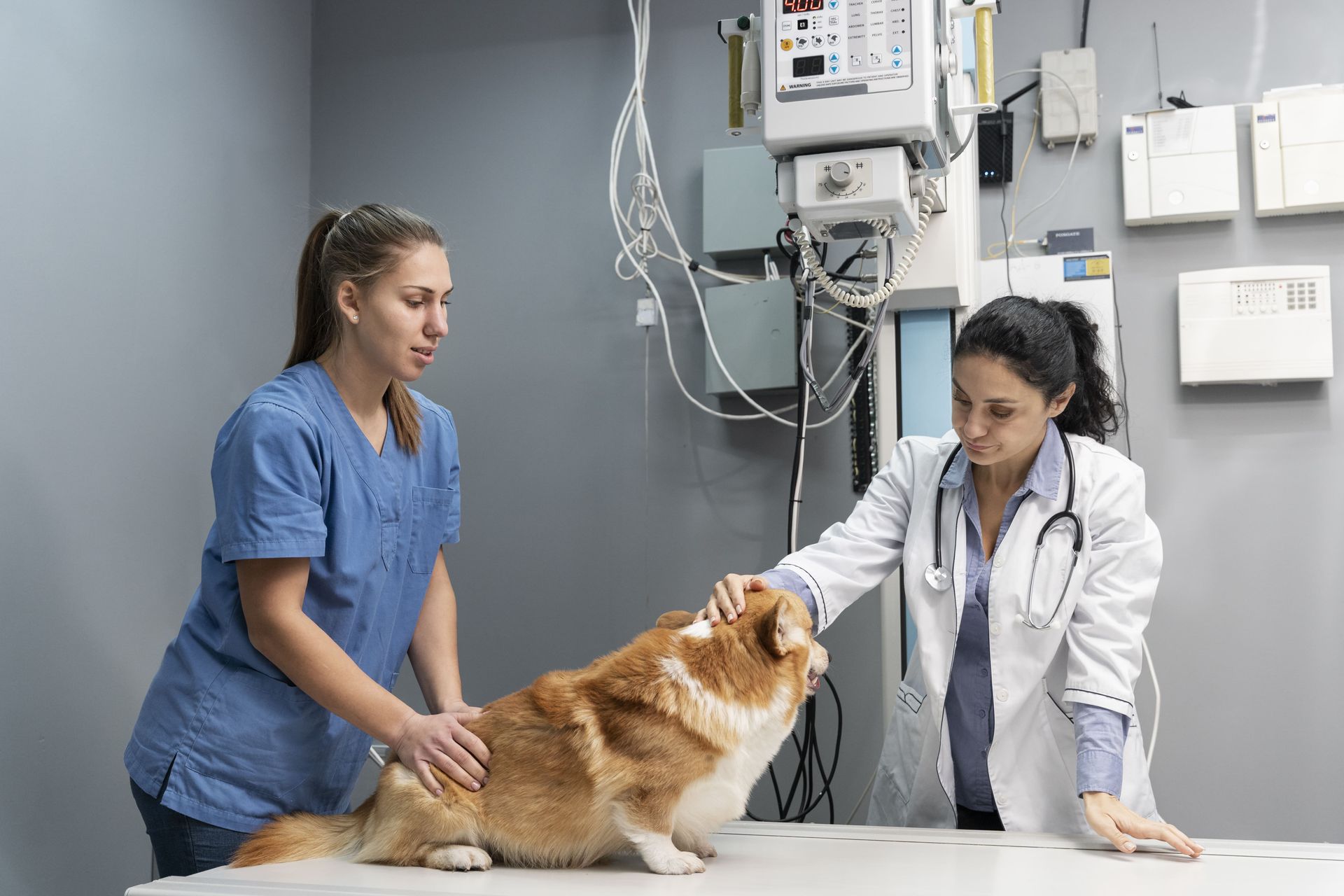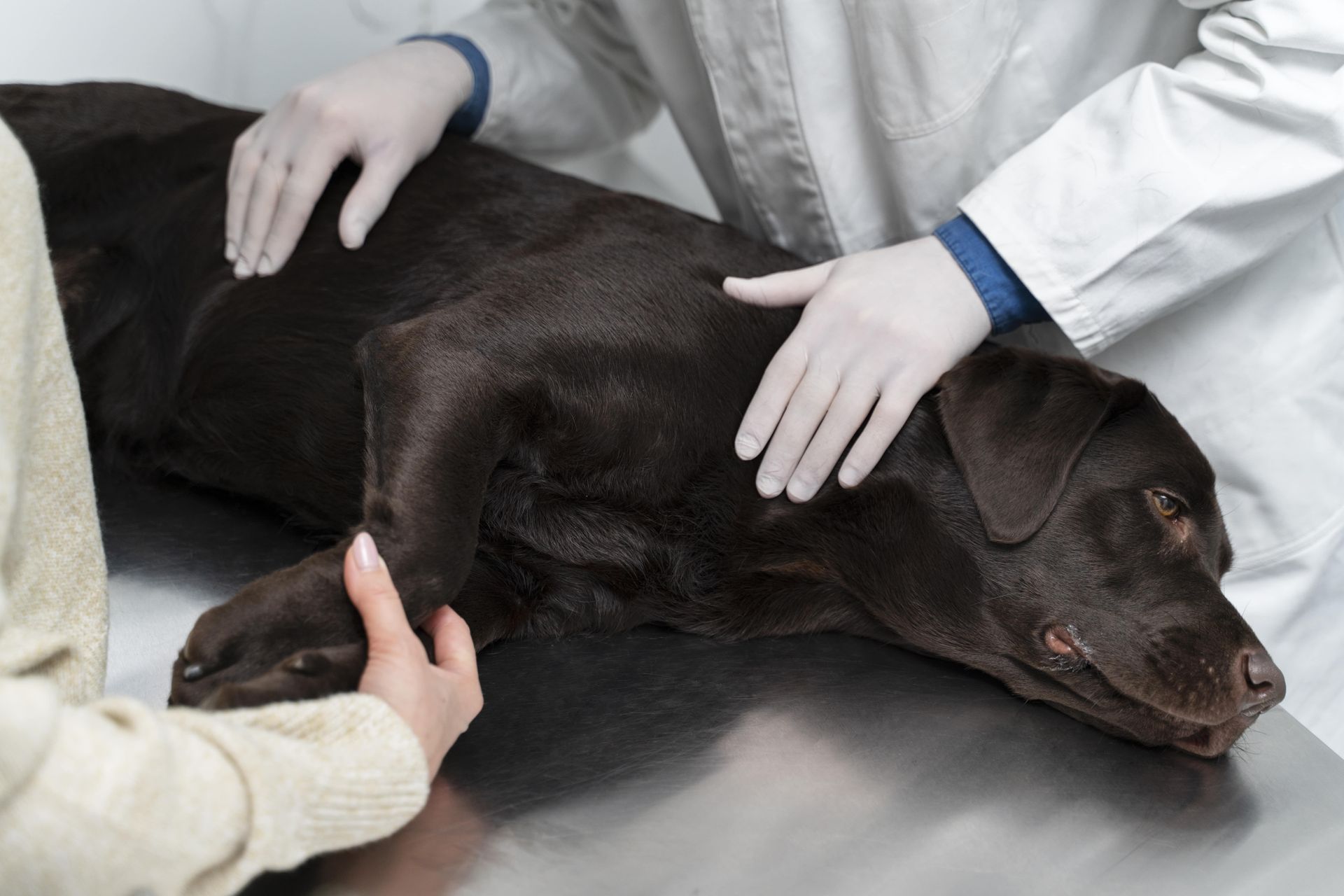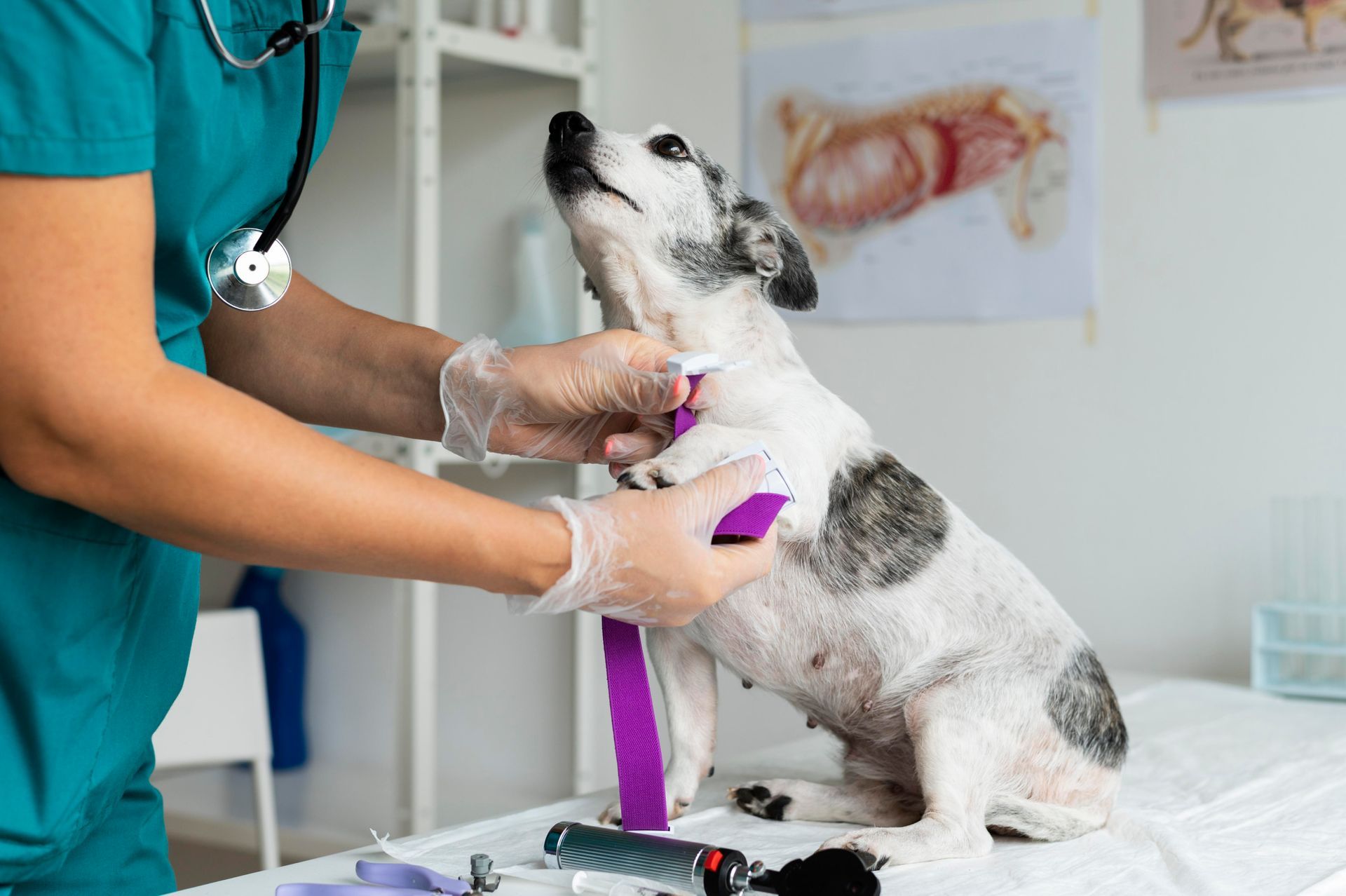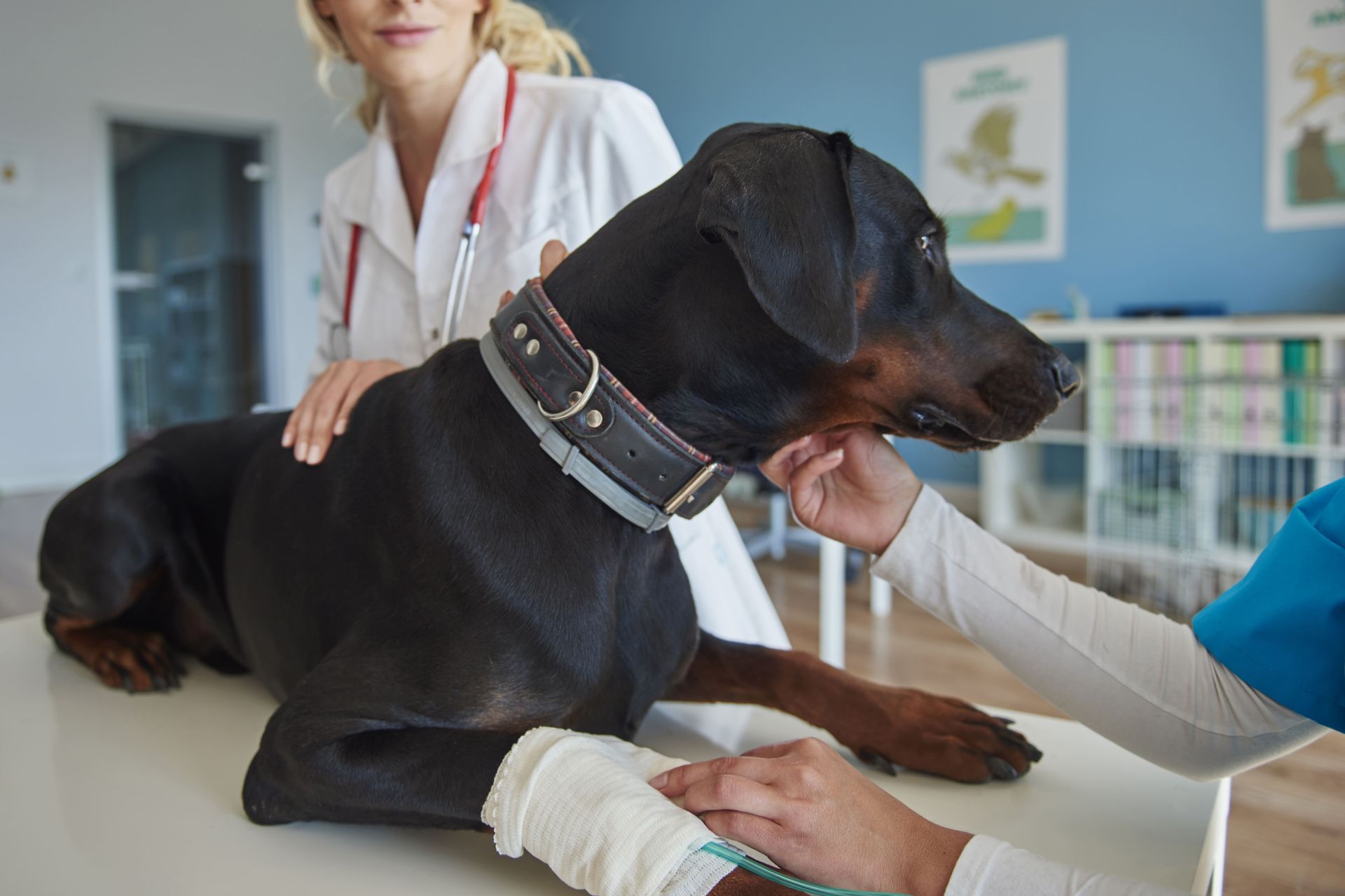8 Signs Your Pet Needs a Dog Exam: Don’t Ignore These Clues!
Our dogs are more than pets, they’re family. They wag their tails when we walk through the door, cuddle up when we’ve had a rough day, and never fail to lift our spirits. But unlike us, they can’t voice discomfort or pain. Instead, they speak in subtle cues: missed meals, tired eyes, a limp, or a cough. As devoted pet parents, it's up to us to notice when something's off and act fast. Ignoring early warning signs can turn a minor issue into a major health scare. That’s where a timely Dog Exam comes in; it’s the check-up that could truly save your furry best friend’s life. In this blog, we’ll sniff out the key signs that may mean your dog needs a Dog Exam and a vet visit
ASAP. From behavioral changes to physical symptoms, these clues are your pup’s way of saying, “Help me out, human!” Let’s dive in and learn how to listen.
1. Unexpected Changes in Appetite
A sudden loss or increase in appetite can indicate underlying health issues. If your dog skips meals or starts eating excessively, it might be time to schedule a dog exam. Appetite changes could hint at a range of issues from minor stomach upsets to more significant conditions like hormonal imbalances or diabetes. Observing these patterns can be your first clue in identifying a health problem. Sudden changes might also be related to dental issues, where your dog finds eating painful. Hence, a dog exam is crucial to rule out or address any serious conditions promptly.
It's important to monitor not just what your dog eats but also how they eat. Rapid weight loss or gain without dietary changes could be your dog’s response to something more sinister lurking beneath the surface. Always ensure to provide well-balanced meals and note if the modifications in their eating habits persist. Such changes, especially if accompanied by additional symptoms like lethargy or diarrhea, further emphasize the importance of a dog exam to ensure your pet's well-being.
2. Unusual Lethargy or Fatigue
Dogs are naturally energetic, so if your usually active dog seems unusually tired or lethargic, it could be a sign they need medical attention. Lethargy can result from various factors, including mild infections, dietary changes, or even exposure to toxins. However, prolonged fatigue is often associated with more severe issues like heart disease or neurological disorders. If your dog's energy levels drastically drop, it's important to assess other behaviors too. Are they eating less? Drinking excessively? Recognizing these patterns early allows for timely interventions.
Sometimes, lethargy is just a response to stress or environmental changes. But if it persists, consulting our veterinary services
at Lincoln Ave Cat & Dog Hospital can uncover if this behavior is an alarm for conditions like thyroid imbalances or anemia. Even regular dog exams and wellness checks can prevent minor lethargy from escalating into something more serious.
3. Persistent Vomiting or Diarrhea
Occasional vomiting or diarrhea can happen, but if these symptoms persist, they might signal a more serious health problem requiring a vet's evaluation. Introducing new foods or eating something inappropriate can upset their stomachs temporarily, but ongoing symptoms could indicate issues like gastrointestinal infections or even parasites. If the frequency and intensity of these symptoms increase, it's crucial to consult with a vet. Persistent vomiting could also signal hidden conditions like pancreatitis or ingestion of a foreign object.
It’s not just about the frequency; it’s about what comes with it. Monitor any accompanying symptoms such as bloating, blood, or lethargy, as these could escalate the urgency of needing a professional evaluation. At Lincoln Ave Cat & Dog Hospital, our veterinary team can perform detailed dog exams to understand the root cause and prescribe effective treatments tailored to your pet’s needs.
4. Unexplained Weight Loss or Gain
Noticeable changes in your dog's weight without dietary adjustments could be a red flag. Consulting a vet can help determine the cause and appropriate action. While weight fluctuations can occasionally be linked to lifestyle changes, inexplicable changes can signal metabolic disorders or diseases like diabetes and Cushing's syndrome. Keeping a log of your dog's weight can help you notice subtle changes sooner and seek professional help as needed.
Weight loss might also be coupled with increased thirst, urination, or changes in coat health, all of which merit a timely dog exam. On the other hand, rapid weight gain could be linked to hypothyroidism, among other conditions. Ensuring balanced nutrition and regular activity is essential, and our experts can guide proper interventions and lifestyle adjustments to restore your dog's health.
5. Visible Pain or Discomfort
If your dog is limping, crying out in pain, or appearing uncomfortable while resting, it's essential to have them examined for potential injuries or conditions. Different injuries, whether acute or chronic, can cause varying pain levels that dogs often don’t outwardly express due to their instincts. Observing subtle signs like changes in gait, hesitation to jump, or visible hesitancy during movements can be your cue to preemptively address their pain.
Sometimes it’s the little things, like avoiding stairs or sleeping more than usual, that hint at something deeper. Pain that seems focused in certain areas could also point to issues like dental infections or ear problems. Maintaining an eye for such cues and regularly checking problem areas can be incredibly beneficial. A professional dog exam can prevent minor injuries from becoming debilitating complications.
6. Difficulty Breathing or Coughing
Breathing issues and persistent coughing are never normal in dogs. These could indicate respiratory issues needing immediate veterinary attention. Conditions ranging from mild allergies to more severe threats like heart disease or pneumonia can initially present through abnormal respiratory patterns.
If your dog displays a change in their ability to inhale or exhale clearly, or unusual noises like wheezing or hacking, seeking a vet's evaluation is non-negotiable. Understanding the timing, frequency, and triggers of these symptoms can also shed light on their severity. A timely dog exam at Lincoln Ave Cat & Dog Hospital can ensure that any respiratory concerns are handled promptly, preventing complications.
7. Noticeable Skin Conditions
Skin irritations, wounds that don't heal, or sudden fur loss should be addressed by a vet to prevent further complications. While some skin issues might resolve on their own, persistent symptoms can signify infections, allergies, or parasites, all of which demand specialized treatments.
Your dog’s skin is a window to their internal health. Keeping it clean and observing any sudden changes is your first line of defense. If you notice redness, itching, or flaky areas that don’t improve, a dog exam can identify the root cause and necessary interventions. Our veterinary
services include detailed dermatological assessments to ensure your pet's skin health is in prime condition.
8. Changes in Urination Habits
Frequent urination, accidents indoors, or difficulty urinating can be signs of urinary tract issues, which a professional best handles. While changes might sometimes relate to stress or environmental factors, persistent symptoms could hint at infections or kidney problems.
Understanding your dog's urination pattern is crucial for early detection of potential issues. Signs like straining, blood, or unusual odors require prompt attention. These symptoms should be treated as urgencies needing a dog exam to maintain your dog’s long-term urinary health and overall well-being.
Final Words
Your dog may not speak your language, but they are always communicating with you through body language, behavior, and health patterns. Spotting these subtle shifts and knowing when to act is a vital part of being a responsible pet parent. If any of the signs above sound familiar, don’t wait. A professional dog exam at Lincoln Ave Cat & Dog Hospital can be the first step toward diagnosing hidden issues and getting your pup back to their tail-wagging best. When in doubt, trust your instincts and your vet. Your dog’s health and happiness are always worth it.
FAQs
Q-1. How often should I take my dog for a routine dog exam?
Ans: Most veterinarians recommend at least one annual exam for healthy adult dogs. Puppies, senior dogs, or pets with ongoing conditions may need more frequent visits.
Q-2. What should I expect during a dog exam?
Ans: During a dog exam, your vet will check your pet’s weight, heart rate, temperature, skin, ears, eyes, and teeth, along with any specific concerns you mention.
Q-3. Can a dog exam help detect cancer early?
Ans: Yes. Many early signs of cancer, like unexplained weight loss or lumps, can be detected during a routine dog exam, allowing for earlier treatment and better outcomes.
Q-4. Is it normal for dogs to vomit occasionally?
Ans: Occasional vomiting isn’t always a concern, especially if your dog ate something unusual. However, persistent vomiting should always prompt a veterinary exam to rule out serious underlying issues
